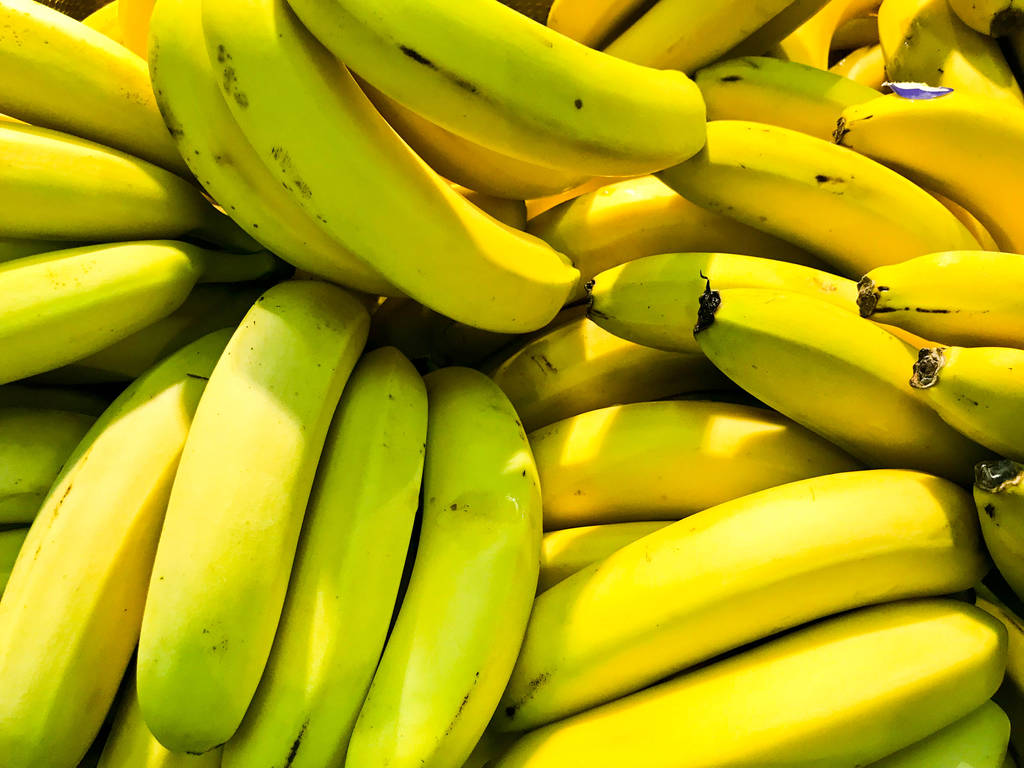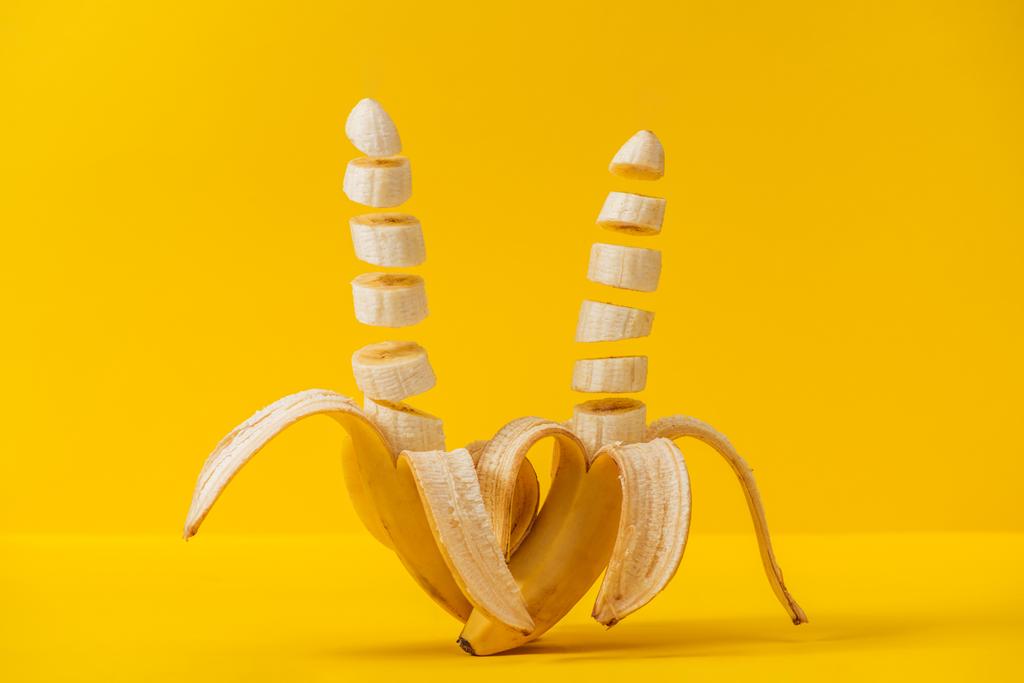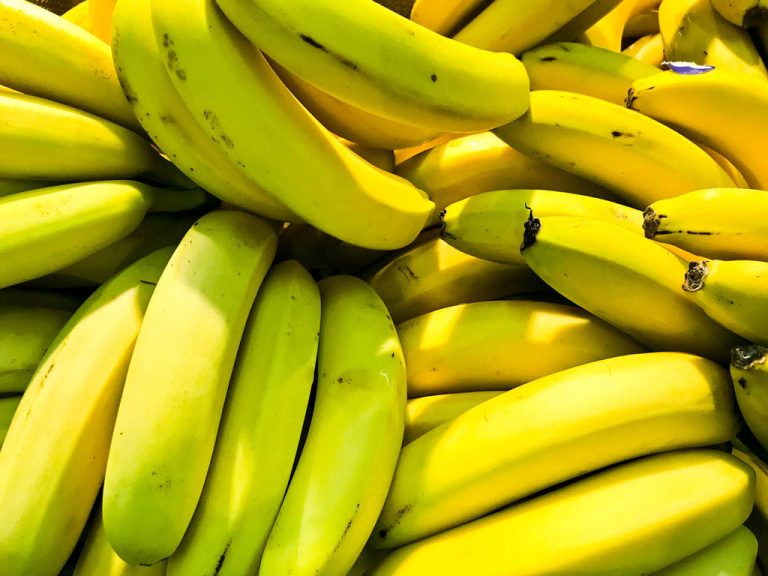Bananas are considered to be a source of energy and are a popular food among children and adults. Let’s take a look at the popular fruit.

Exotic fruit: banana
The exotic fruit, which has meanwhile become a matter of course, contains a lot of fructose; the exact amount depends on how ripe it is. The riper a banana is, the more fructose and less starch it contains. You can usually recognize a ripe state by a bright yellow color and possibly also the first brown spots. It is then considered to be easier to digest than green bananas, the consumption of which is controversial. In the green state, the starch content outweighs the fructose. Beyond the green degree of ripeness, the banana is considered to be easily digestible. The fructose makes the banana a good supplier of energy.
Regardless, all bananas are high in carbohydrates. These can be burned off quickly, especially during sports. But even if you don’t exercise, you can eat bananas because they are very filling. In addition, the banana contains many vitamins. For example, the content of vitamin B6 is very high; you also take in vitamin C, potassium and magnesium, among other things. When the banana turns brown, it loses its vitamins. Bananas are also said to contain antioxidants.
Tip: Bananas are recommended for both diarrhea and constipation. But watch out for any intolerances. Especially people with a fructose intolerance should be careful with bananas due to their fructose content. The fructose-glucose ratio in particular determines intolerances. However, intolerances express themselves individually.
Bananas as a calorie bomb?
Bananas are often considered fattening foods. A banana has about 114 calories; depending on your weight, that’s about 88 to 124 kilocalories. In general, you can count on 88 to 95 kilocalories per 100 grams. Bananas don’t usually make you fat; however, you should pay attention to the total number of calories and a healthy lifestyle. It also depends on how you eat the banana; Dried bananas contain a lot of fructose, so you can count on around 290 kilocalories for 100 grams.
It’s recommended not to eat more than three raw bananas a day, but opinions differ on this as well. The German Society for Nutrition (DGE) recommends 250 g of fruit a day – preferably a healthy mix.
Good to know: Ripe bananas can have an alcohol content of up to 0.6 percent. In general, ripe fruit contains a certain amount of alcohol. Tip: It is best to store your bananas at a temperature of 12 to 14 degrees Celsius; the refrigerator is not suitable for storing them, as they can then turn black.

